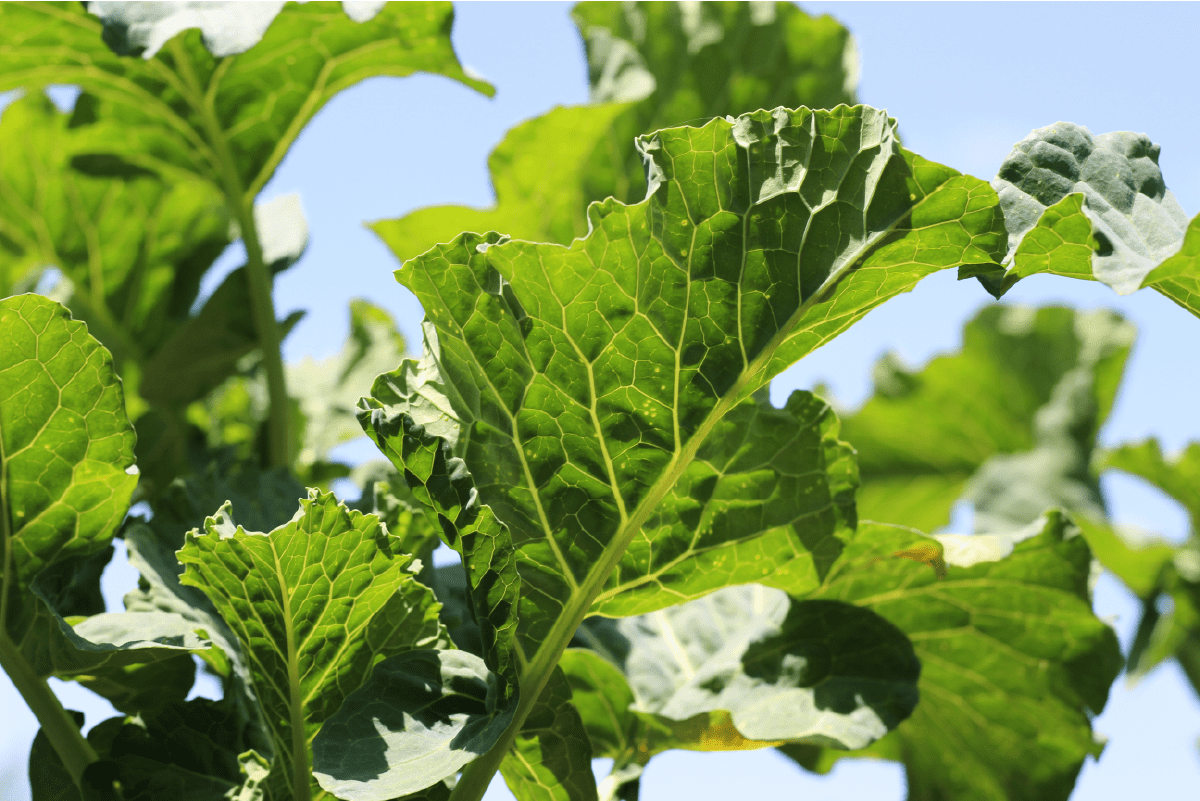Teaching a Man to Fish: How Trees for the Future Trains Farmers for Sustainable Change
Building An Educational Support System
Trees for the Future’s collaborative, educational approach to improving the lives of smallholder farmers often brings to mind a well-known Chinese proverb, ‘Give a man a fish and you feed him for a day. Teach a man to fish and you feed him for a lifetime.’
Much like this sentiment, empowering farmers with the Forest Garden Approach (FGA) ensures long-term food security for their families. This method is especially crucial for fostering environmental resilience, promoting economic development, and alleviating poverty. While well-intended, direct handouts often hinder skill development, trapping individuals in cycles of dependency. Sustainable solutions require time, education, and structured support systems. Recognizing this, Trees for the Future (TREES) prioritizes training and capacity building, acknowledging that lasting change takes patience and dedication.
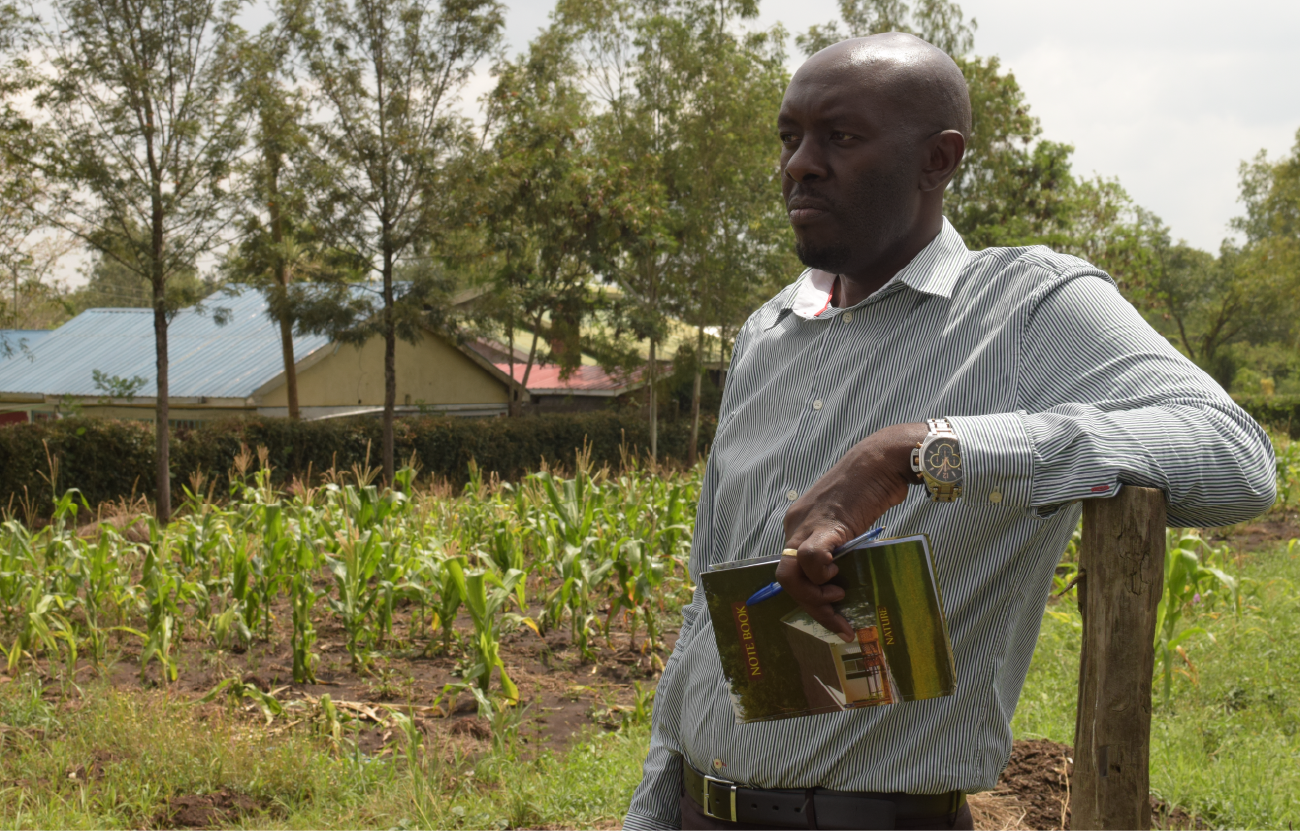
Training Farmers for Long-Term Success
The foundation of TREES’ program lies in equipping technicians with the skills to become effective teachers and facilitators of the FGA. Once trained, these technicians guide farmers through a 16-module training program spanning four years.
Throughout the program, farmers learn to optimize small plots of land by integrating fuel, fodder, fruit, and timber trees with vegetables and cash crops. This sustainable method not only enhances biodiversity and productivity but also improves household income and overall quality of life.
“Within our Forest Garden projects, providing intensive, experiential training for both our dedicated staff on the ground as well as invested participant farmers is one of the most important, impactful aspects of our work, and gets to the heart of our mission as an organization,” says TREES Deputy Director of Program Quality and Implementation Ashleigh Burgess.
Last month, TREES’ East Africa staff attended a Training of Trainers workshop in Homa Bay, Kenya. This region hosts one of TREES’ Forest Garden Projects and sits along Lake Victoria, the world’s largest tropical lake.
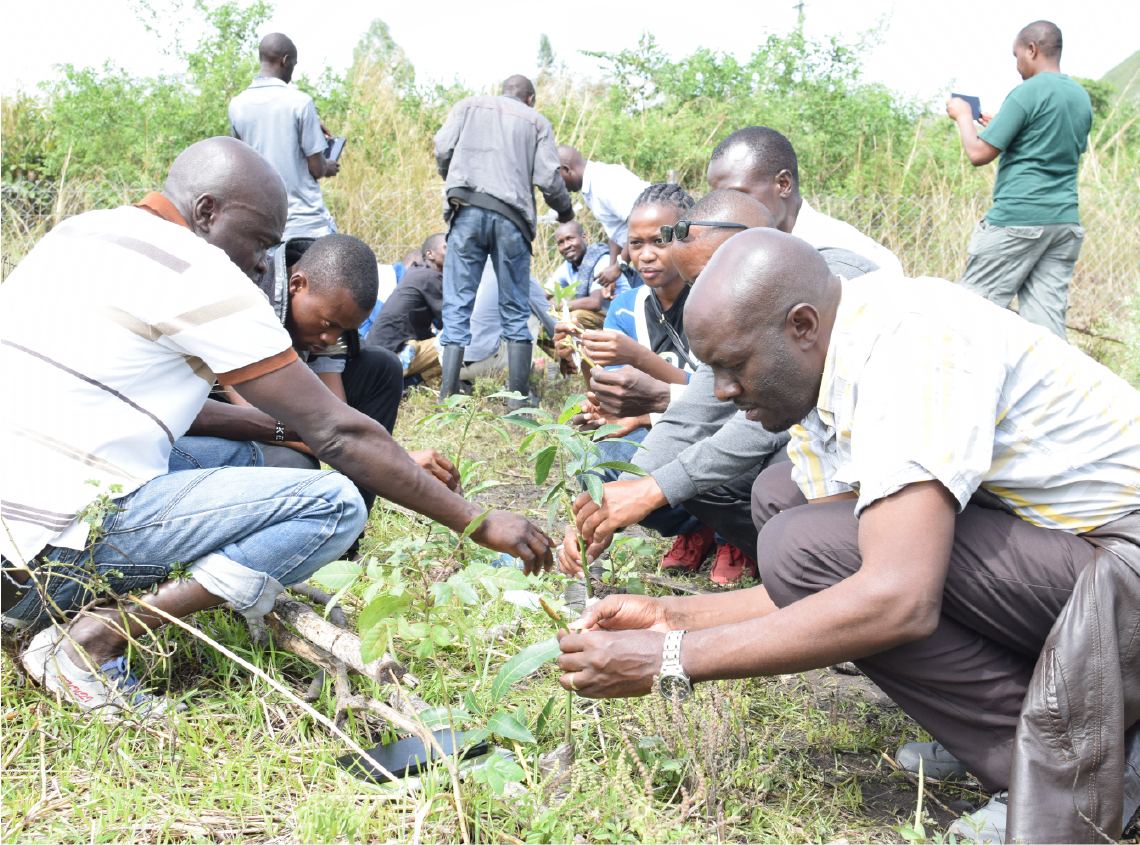
Training of Trainers Workshop in Action
The three-day workshop brought together TREES’ East Africa Director, country coordinators from Tanzania, Kenya, and Uganda, and eight new field technicians. Participants engaged in interactive discussions and skill-building activities through classroom learning and hands-on field exercises. (See the materials at the Forest Garden Training Center)
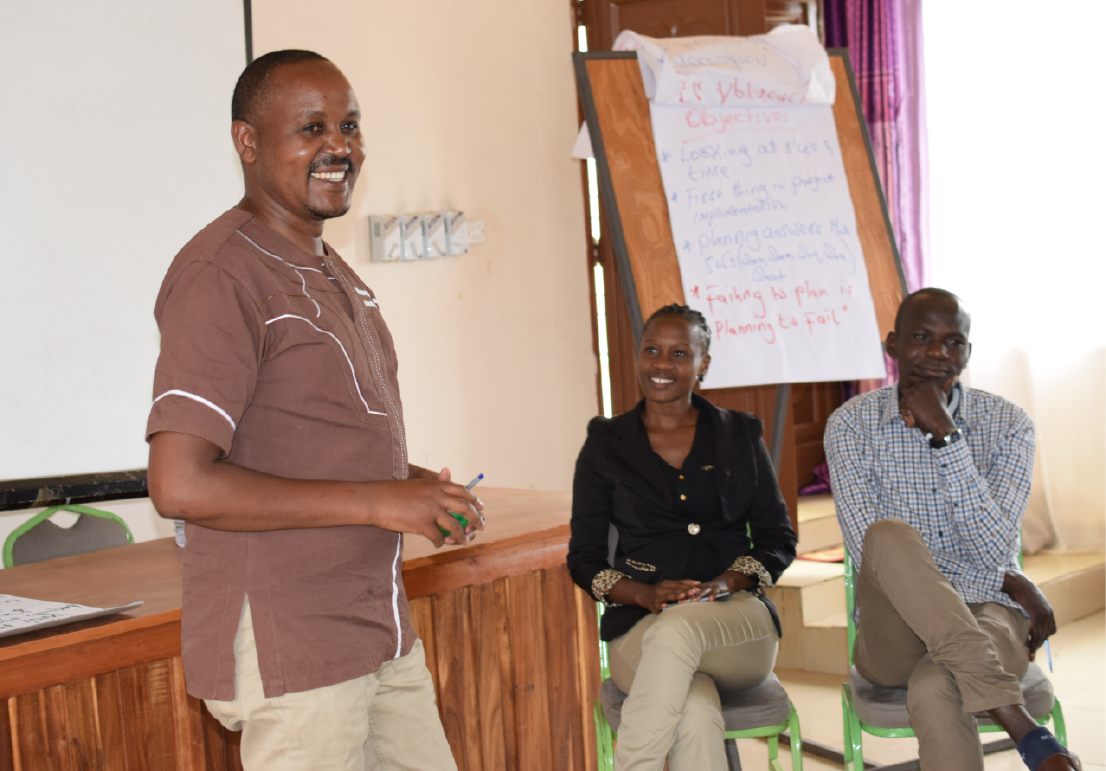
Each technician practiced leading a training module and received constructive feedback to refine their knowledge and teaching skills. After classroom training on grafting, trainees visited a Forest Garden farmer’s plot for hands-on experience with this essential agroforestry technique.
Enhancing Training Skills and Cultural Adaptation
“Our East Africa Training of Trainers was highly productive and a great collaborative, participatory learning experience,” said Tanzania Country Coordinator Heri Rashid. “I was able to learn about the capacity and experiences of our new technicians coming onboard and each participant was able to demonstrate his/her technical knowledge and facilitation skills through leading a training module.”
Trainees also explored facilitation techniques tailored to different cultural contexts. They reviewed strategies for engaging farmers through participatory training sessions, ensuring information is absorbed effectively. Role-playing exercises and facilitation games helped reinforce these techniques.
“It is refreshing to have such a different environment compared to conventional training,” she said. “I [feel like a more] competent instructor. I have increased personal communication and hopefulness in working with my colleagues.”
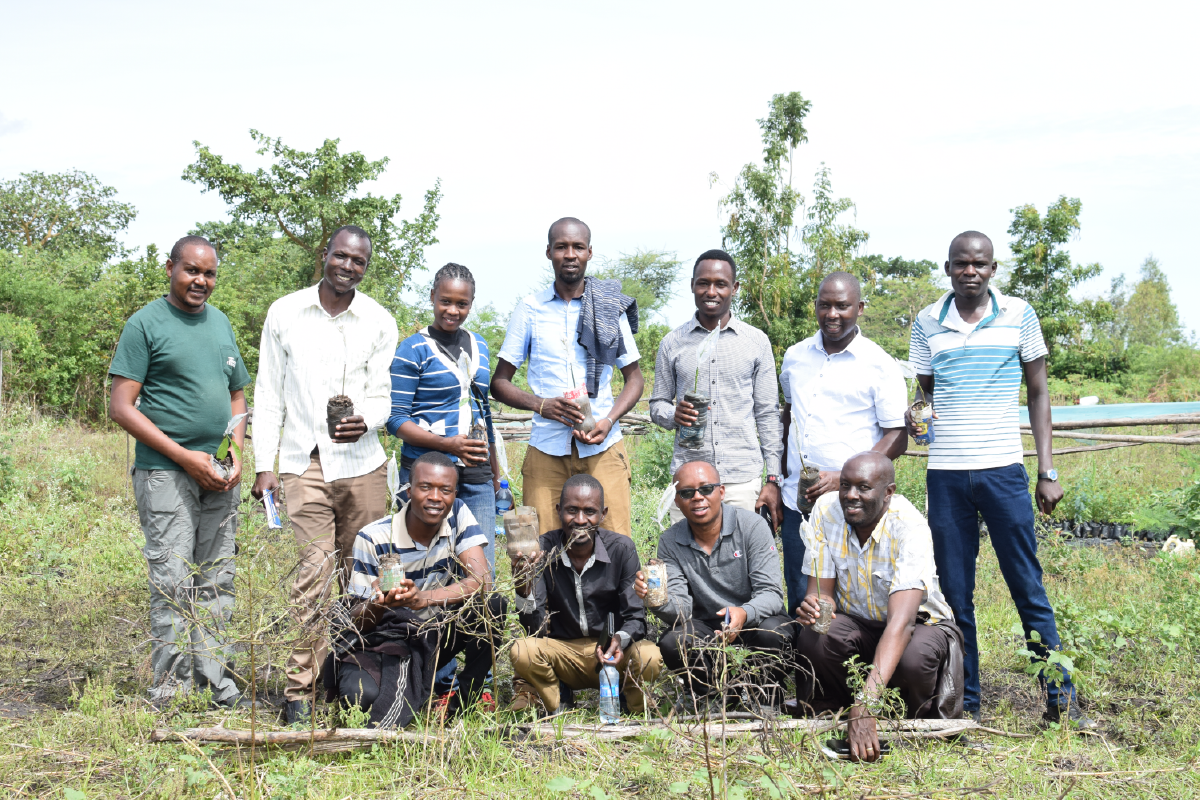
Beyond Training: Mobilizing Farmer Participation
In addition to technical training, the workshop allowed TREES’ country coordinators to discuss project mobilization strategies. They emphasized best practices for engaging potential farmer groups, conducting outreach meetings, and using TREES’ criteria to identify and register participants.
With training completed, technicians and coordinators have returned to their respective regions. Now, they are actively teaching hundreds of farmers across Kenya, Tanzania, and Uganda, equipping them with the knowledge to use agroforestry for long-term self-sufficiency.
